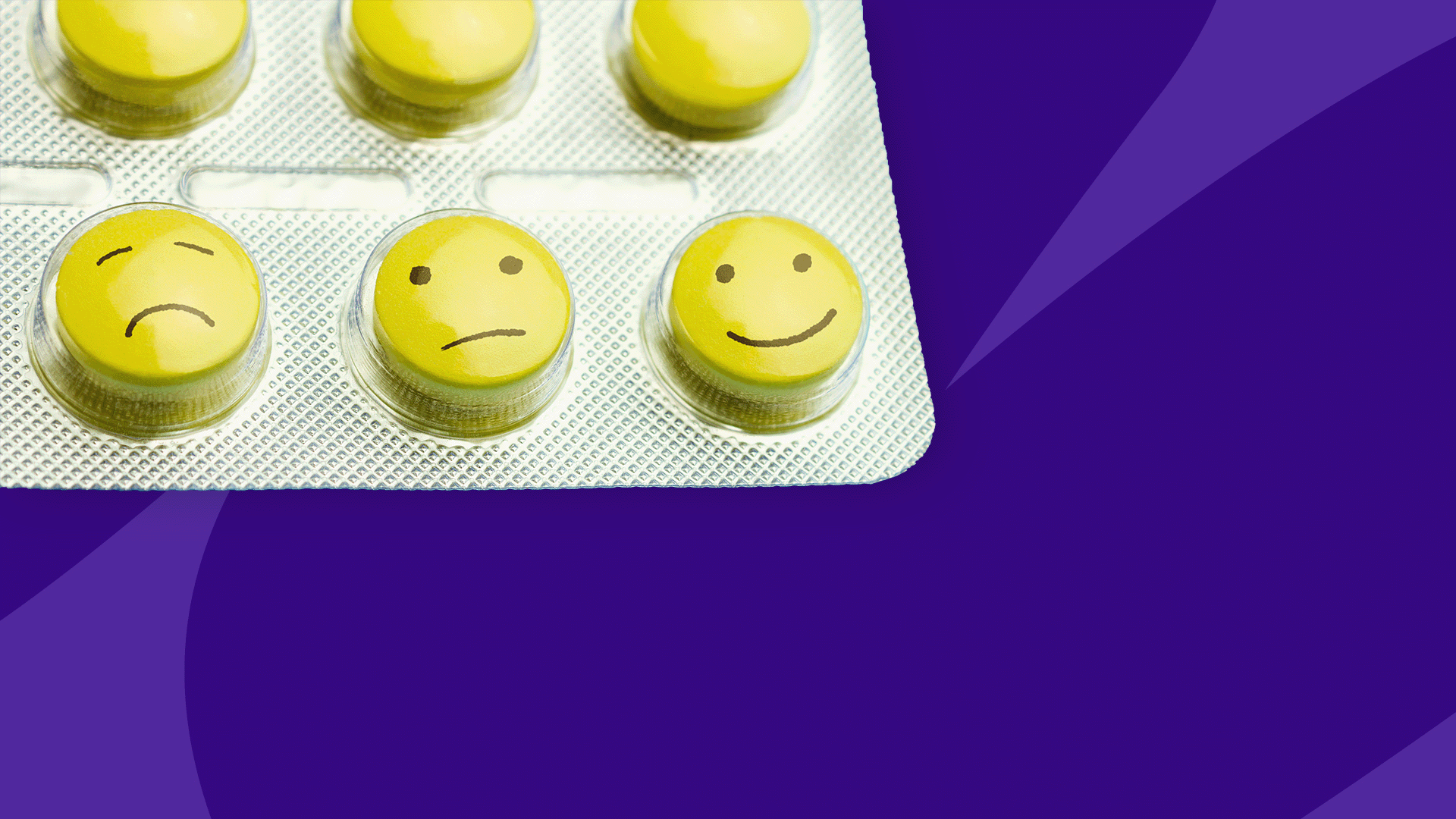Key takeaways
Serotonin syndrome is a potentially life-threatening condition caused by excessive serotonin in the central nervous system, mainly due to the use of SSRIs and other serotonergic drugs, with symptoms appearing quickly within hours of drug intake.
Pharmacists play a crucial role in preventing serotonin syndrome through patient education on its signs and symptoms, and by assessing the risk of serotonin syndrome based on patients’ overall medication history.
Treatment for serotonin syndrome typically involves discontinuing the serotonergic drug and may require supportive care, such as IV fluids and cooling methods for mild cases, or medications like benzodiazepines and cyproheptadine for severe cases.
Preventing serotonin syndrome involves healthcare professionals identifying potential drug interactions and advising patients on proper medication use, ensuring patients keep an updated medication list, and facilitating communication between patients and healthcare providers regarding medication changes.
Antidepressants, such as selective serotonin reuptake inhibitors (SSRIs), are among the most commonly prescribed prescription drugs in the U.S. Although they can help many patients feel better, antidepressants can still cause side effects. Some patients may be concerned about serotonin syndrome, one of the most serious side effects of serotonergic drugs. Other patients might not be aware of serotonin syndrome and what signs or symptoms to watch out for.
Serotonin syndrome is commonly associated with SSRI antidepressants, but it can also be linked to other drugs that have serotonergic effects, such as tricyclic antidepressants, antipsychotics, anticonvulsants, opioids, and triptans, among others. The exact incidence of serotonin syndrome is unknown, as many cases may be overlooked or unrecognized. Nevertheless, increasing awareness of serotonin syndrome could help prevent serious complications in patients.
Because patients frequently visit the pharmacy to pick up antidepressants or other serotonergic drugs, pharmacists are vital for assessing possible risks of serotonin syndrome and educating patients on early signs.
What is serotonin syndrome?
Serotonin syndrome is a rare but potentially life-threatening condition caused by excessive serotonin activity in the central nervous system. Serotonin syndrome can occur in all patients, including adults and children. The main culprits are SSRIs, although other serotonergic drugs can contribute to serotonin syndrome. Serotonin syndrome with monotherapy is rare, and it is more likely to occur if a patient is taking multiple drugs.
Medications that may increase the risk of serotonin syndrome
- SSRIs, such as fluoxetine, citalopram, paroxetine, and fluvoxamine
- SNRIs, such as duloxetine and venlafaxine
- Tricyclic antidepressants, such as amitriptyline, nortriptyline, and doxepin
- Monoamine oxidase inhibitors (MAOIs), such as phenelzine, isocarboxazid, selegiline, and tranylcypromine
- Triptans, such as sumatriptan, zolmitriptan, and rizatriptan
- Other serotonergic drugs, such as carbamazepine, dextromethorphan, cyclobenzaprine, mirtazapine, and tramadol
- Supplements and herbals, such as tryptophan and St. John’s wort
Signs and symptoms of serotonin syndrome
The signs and symptoms of serotonin syndrome emerge quickly, usually within one to six hours after taking the drug. Most people who have serotonin syndrome experience symptoms within the first 24 hours. Whereas some patients may experience severe, life-threatening symptoms, other patients may experience mild symptoms. Signs and symptoms of serotonin syndrome include:
- Nausea
- Vomiting
- Diarrhea
- Tremors
- Muscle rigidity
- Dilated pupils
- Restlessness
- Anxiety
- Tachycardia
- Agitation
- Disorientation
- Increased sweating
- Fever
- Seizures
- Skin flushing
- Hyperreflexia
It’s important to educate patients about these signs and symptoms, especially if they are taking multiple serotonergic drugs. Patients should consult their healthcare provider if they experience unusual side effects that could indicate serotonin syndrome. If they experience serious side effects, patients should seek immediate medical attention at their nearest emergency room.
Treatment of serotonin syndrome
In most cases, serotonin syndrome presents with mild symptoms that resolve after stopping the serotonergic drug. Patients who present to the emergency room typically receive supportive care to prevent complications. Vital signs may be stabilized with intravenous (IV) fluids and cooling methods. However, severe hyperthermia may require paralysis and intubation.
Medications may also be prescribed to treat serotonin syndrome. Benzodiazepines, such as diazepam, can be prescribed to promote sedation. Antihypertensives, vasopressors, or sympathomimetics may also be required to help stabilize the patient. Cyproheptadine is a histamine-1 receptor antagonist that is commonly used as an antidote for serotonin syndrome. Antipyretics, such as acetaminophen, are not recommended for hyperthermia, as the increased body temperature is caused by increased muscle activity.
The role of the pharmacist
Increasing awareness of serotonin syndrome is key for ensuring the safety of patients who take serotonergic drugs. Pharmacists can help prevent serotonin syndrome complications with every patient interaction. However, it’s best to gently educate patients about serotonin syndrome without causing unnecessary stress.
Educating patients about serotonin syndrome
Pharmacists should be aware of the signs and symptoms of serotonin syndrome and potential drug interactions that could increase the risk. Often, the pharmacy system will flag a potential drug interaction that could increase the risk of serotonin syndrome. Pharmacists can assess the risk of serotonin syndrome in the patient by looking at their overall medication history and speaking with patients when they pick up their prescription.
Pharmacists can ask patients how they’re taking their medication and whether they’ve experienced side effects from their prescription in the past. Based on the patient’s overall medical history, pharmacists can discuss the risk of serotonin syndrome with the patient.
Preventing serotonin syndrome
Serotonin syndrome is best prevented by healthcare professionals, such as pharmacists, who can identify potential drug interactions. Pharmacists are often able to quickly review the patient’s medication list for potential interactions and an increased risk of adverse effects.
Pharmacists can help prevent serotonin syndrome by encouraging patients to take their medications as prescribed. Having patients keep an updated medication list to share can also help pharmacists identify potential drug interactions before they arise.
If a patient is at an increased risk of drug-induced serotonin syndrome, pharmacists can relay that information to the patient’s healthcare provider and discuss the next steps with the patient. For example, patients who are switching medications may need a tapered dosing schedule or washout period before starting a new antidepressant.



